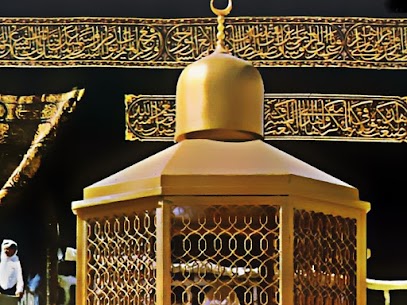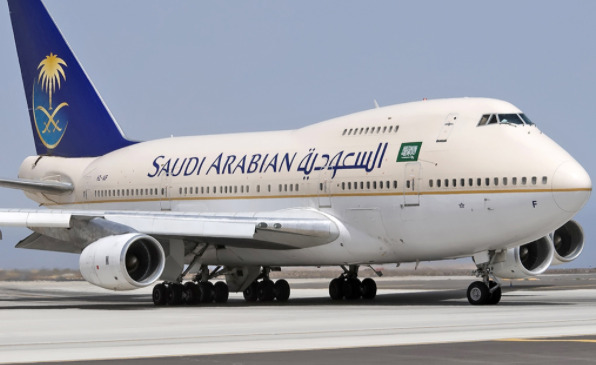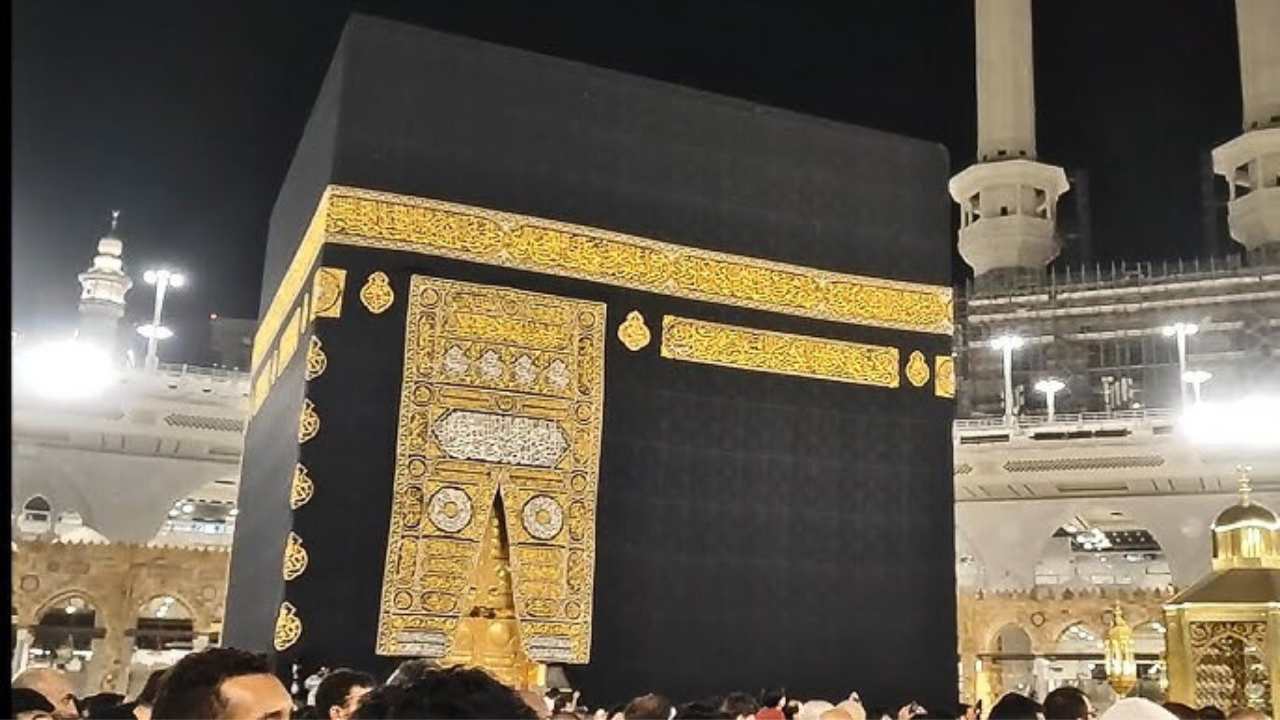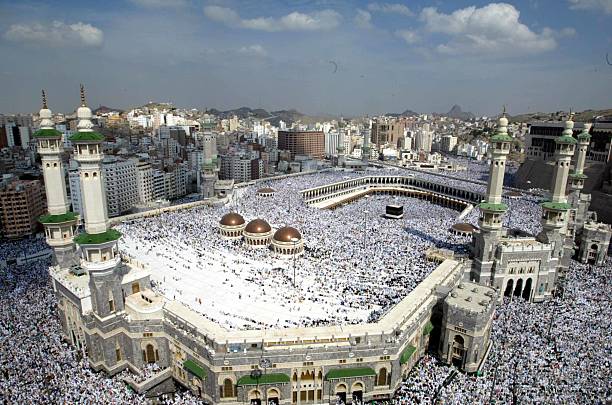How to Avoid Common Mistakes During Umrah or Hajj? Hajj and Umrah hold a lot of importance and merit which is why they are a highly desired act of worship for many people. Furthermore Paradise is the reward for an accepted Hajj. Both hajj and Umrah require? readiness in body and Soul, so it’s important to be physically prepared, have enough provisions, and be mentally strong. While the pilgrims receive training on ritual long before embarking on The Pilgrimage, some may not give it the required attention. At times, common mistakes can happen during the performance of the Hajj and umrah pilgrimage. This may be deliberate or accidental, because of ignorance, or because of carelessness. Indeed, many common mistakes are frequently committed, beginning from the pre Hajj preparation, including the essential acts and duties of Hajj and Umrah or other issues concerning post hajj return. Here are the common mistakes to avoid:
Mistake 1: believing that prayers are granted immediately upon sighting the Kaaba
A lot of individuals mistakenly believe that the first dua they make when looking at the Kaaba will automatically be granted. False! There is no evidence from the sharia for this. Any hadith concerning this issue is either very unreliable or forged. When asked about dua is accepted immediately upon seeing the Kaaba for the first time. Sheikh sa’d al-Humaid responded by saying that, “this is not true, there has to be evidence for this to be true because acts of worship should only be based on evidence. And that evidence must be Sahih in and of itself and it should be clear and unambiguous. And Allah knows best.”
Mistake 2: shouting out dua together
Certain individuals raise their voices together when making dua while performing tawaf. They adhere to an Imam or a leader who recites various duas out loud, and then the followers echo them in unity. This leads to much confusion and disrupts fellow worshippers in their own supplications, causing distractions and loss of concentration. It is not appropriate to shout or raise one's voice in the Haram, which is a sacred place. It is important to be prepared by deciding on the duas and Quran verses you want to recite before starting tawaf. This way, you can make your own heartfelt duas in your language without having to rely on others. It will enhance your focus and contentment. Prepare your duas in advance, recite them to yourself with sincerity and reverence. In the end, you are supplicating to the one who listens to everything and watches everything. The prophet (peace and blessings of Allah be upon him) stated," each one of you is conversing with his lord, so do not disturb one another or raise your voices over one another when reading (or he said) when praying.”
Mistake 3: kissing the black stone from a distance and stopping during tawaf to do so
Kissing the black stone is a lovely Sunnah and a privilege for those who can do it. Nevertheless, because of the large number of people, most individuals are unable to reach it. Many individuals attempt to kiss it remotely. During tawaf, they halt and face the black stone, raising both hands to their head and pseudo-kissing the stone as if it were in front of them. Or they blow 'flying kisses' towards the black stone. Interrupting the Tawaf procession is not only incorrect but also results in disturbances and unnecessary congestion, causing inconvenience to other pilgrims. Engaging in 'distance kissing' is not something that is advised in the Sunnah. During tawaf, the prophet (peace and blessing of Allah be upon him) would either kiss the black stone or touch it with his hand and then kiss his hand if kissing directly was not easy. However, when it was busy, he simply gestured towards it from a distance and exclaimed, 'Allahu Akbar.' That is all. Abu Tufayl (may Allah be pleased with him) reported that, “I saw the messenger of allah (PBUH) perform tawaf around the house, touching the corner (where the black stone is) with a crooked staff which he had with him, then kissing the staff.” Ibn Abbas also stated that, “the messenger of Allah (PBUH) performed tawaf on his camel, and every time he came to the corner (where black stone is) he would point to it and say Allahu Akbar.” That is all that is required of us. When we are distant from the black stone, we must indicate it with our right hand, say Allahu Akbar, and continue. Facing away from the Kaaba, refraining from ‘distance kissing’, and avoiding sudden stops are not allowed. Continue to progress without interrupting the tawaf’s rhythm.
Mistake 4: performing tawaf for another person
This common mistake is made by a lot of individuals. They walk around the Kaaba 7 times and then dedicate the reward of this tawaf to their deceased loved ones, family members, or relatives. Additionally, when individuals embark on Hajj or Umrah, their loved ones and acquaintances often request them to perform a tawaf on their behalf. This is invalid with no supporting evidence for its allowedness. Performing hajj and umrah can be delegated, while tawaf cannot be done on behalf of another person. Sheikh Bin Baz is quoted as saying, “tawaf around Kaaba cannot be done by proxy, so no one can do tawaf on behalf of someone else, unless he is doing hajj or umrah on his behalf, in which case he may do it on his behalf along with the rest of hajj or umrah.”
Mistake 5: assigning specific supplications for specific round
Some individuals assign particular prayers for each round, and there are also books containing specific prayers for each round. This does not align with sharia law. During the rounds, the prophet (peace and blessing of Allah be upon him) and his companions did not recite any particular dua. If it existed, he would have informed us and taken action himself before anyone else. The sole prayer he mentioned during tawaf was when he arrived at the end of every round between the Yemeni corner and the black stone. He used to say, Rabbanaa aatinaa fiddunya hasanah wa fil akhirati hasanah wa qinaa azaab annaar.
“Our lord, give us goodness in this world, and goodness in the Hereafter, and save us from the Torment of the fire!”
Mistake 6: touching or wiping over the Kaaba
Some individuals believe that there is blessing in touching the Kaaba or Maqam Ibrahim. They also touch and rub their hands on the pillars of the Grand mosque or the prophet's mosque and then rub their hands over themselves because they believe it is beneficial. This is another action that does not have any foundation in Islamic Sharia. The Prophet Muhammad refrained from doing any of these actions. Had it been good, he would have done it. However, since he didn't do it, we won't do it either. It is not allowed to put on or touch perfume within the Kaaba’s wall and Maqam Ibrahim enclosure while in Ihram, as they are already scented. Blessings are received by adhering to what Allah and his messenger have ordained, not by bringing in new practices.
Mistake 7: believing that jamarat are devils
When certain individuals head to the Jamarat to throw stones, they believe that they are targeting the devils. Actually, they believe they are pelting Iblees directly! This ritual is even referred to as 'stoning the Shaitan.' That is false. The jamarat are not evil spirits. When we throw stones at the Jamarat, we are simply remembering Allah and worshiping as prescribed by the prophet Mohammed that is all. There is no need to become emotional, swear at the jamarat, or push and shove.
Mistake 8: believing the performing 40 in Madinah is an obligation
Some individuals believe that performing 40 prayers at the prophet's Mosque is compulsory and an essential part of Hajj. It is not. This is derived from a weak Hadith. Completing 40 prayers in Madinah is not required, nor is visiting Madinah a requirement for Hajj. It is beneficial to spend as much time as possible in Madinah and pray in the prophet's mosque, but believing that one must perform 40 prayers there is not accurate. Sheik bin baz stated, “with regard to the widespread idea that the visitor should stay for eight days in order to offer forty prayers in the mosque is incorrect. Although some hadith mention “whoever offers forty prayers therein Allah will decree that he is safe from the fire and free from hypocrisy.” The scholars consider this hadith weak and advise against using it as evidence or relying on it. There is no specified restriction on visiting the prophet’s mosque. There is no issue with someone visiting for a short time or an extended period of time.” (fatawa bin baz)





